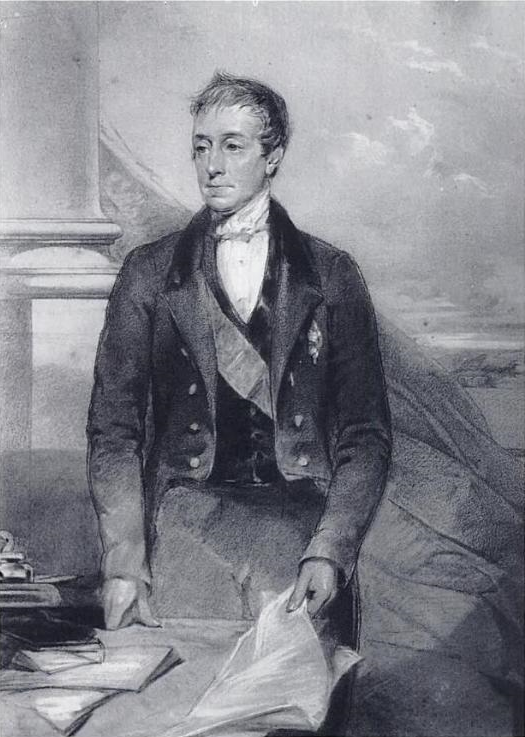I wondered about the weirdest things while I planned my most recent trip. For instance, how did the largest city in New Zealand get its name? And why would anyone need to know that ahead of time? A thousand different details I needed to nail down and somehow that one insignificant notion became a concern.
Naturally, I considered, it should refer to the Land of Aucks. My reflexive memory snapped to a bird species, the Great Auk. However a quick search instantly uncovered the distinct spelling difference that my phonetically-oriented brain conveniently ignored. Also no Great Auk ever set foot anywhere near New Zealand, being confined as they were to the North Atlantic and its mainlands and islands. Then they went extinct, a sad story in itself, although not a subject for today.
Auckland New Zealand
I needed to come up with another explanation and the trip loomed ever closer. Spoiler alert: I did go to Auckland and I managed to unravel the mystery long before I arrived.

Perhaps all of ten seconds of searching revealed that Auckland got its name from George Eden, Earl of Auckland. Dozens of sites mentioned that, even some that made a case for changing the name. After all, he never set foot in New Zealand.
Nonetheless, William Hobson, Governor of New Zealand, named a settlement for his buddy in 1840 while Lord Auckland served as Viceroy of India. Who knew it would grow into a city of more than a million and a half residents?
George Eden, Earl of Auckland

Eden’s actual surname spread throughout Auckland too. The city’s highest point of elevation (196 metres / 643 feet) became Mount Eden as did a suburb that grew around it. In 2014 the mountain reverted to its Maori name Maungawhau (“Mountain of the whau tree“) although the suburb remained Mount Eden. Additionally New Zealand’s national rugby union team, the beloved All Blacks, often play in nearby Eden Park stadium. Still, George should feel pretty secure about his legacy even though he had the most tenuous connection to New Zealand at best.
Most explanations stopped abruptly there. Many simply acknowledged Hobson’s gift to his friend and benefactor. A few others referenced the Eden surname and its tendrils still visible throughout the city of Auckland. That didn’t do it for me. I needed to trace Auckland back to its roots.
William Eden, Baron Auckland

Well, George Eden became 1st Earl of Auckland although his initial title was 2nd Baron Auckland. He got an upgrade to Earl in 1838 after an initial military successes in Afghanistan. Thus, I needed to look back in time to see if I could trace the name origin. The extended Eden family contained a lot of influential people with a variety of noble titles during this period. George got the Auckland part from his father, William Eden, 1st Baron Auckland.
William lived a distinguished career, serving in Parliament, filling a number of important government posts, becoming an ambassador, and eventually retiring to a nice pension. His barony came as a result of his many years of service, bestowed as a reward into the peerage both of Ireland and Great Britain. He didn’t inherit the title, he earned it (although his family’s social standing certainly gave him plenty of opportunities).
Auckland, in this context, referred to West Auckland, in the County of Durham, England. Now I needed to jump from people back to geography.
West Auckland, Durham, England
I couldn’t determine why the name of the barony referred specifically to West Auckland as opposed to anywhere else. Nonetheless it did so I followed the path to a village that went back to at least the Twelfth Century.
Not a lot of people lived there then, and not a lot of people live there now. It got its name from a nearby town called Bishop Auckland, a much more significant place with a much more interesting history. Also West Auckland wasn’t located exactly west of Bishop Auckland oddly enough, more like southwest, about seven kilometres away.
Bishop Auckland, Durham, England

Thus, Bishop Auckland overshadowed West Auckland historically as the home of the Prince-Bishops. Durham stood at a strategic point between England and Scotland, a place difficult to govern along an even more turbulent border. England couldn’t establish secular control in Durham although it would become a useful buffer if it could.
As a result, the king of England offered unique powers to the Bishop of Durham in 1075. The bishop and his successors could “raise an army, mint his own coins, and levy taxes” — essentially rule the land — assuming the line of succession remained loyal to England. No other bishop got this deal and the arrangement remained in place until the Nineteenth Century. The Prince-Bishops of Durham eventually ruled their domain from Auckland Castle in Bishop Auckland.
Etymology
I found that whole string interesting, however, it still left the original question unanswered. What was the Auck that occupied the Land? Like many place name rising from the depths of medieval England, nobody could say for certain. It probably came from Old Norse.
One theory speculated that Auck derived from Old Norse “alca” or Middle English “ak” meaning oak. That would make it Oakland.
Another source stated rather emphatically that it “almost certainly” derived from an old Norse Word meaning “additional.” This would refer to additional land granted to the Bishop of Durham from the King of England. Various other lesser theories existed as well.
Either one seemed fine. Now I could begin my trip.

Leave a Reply